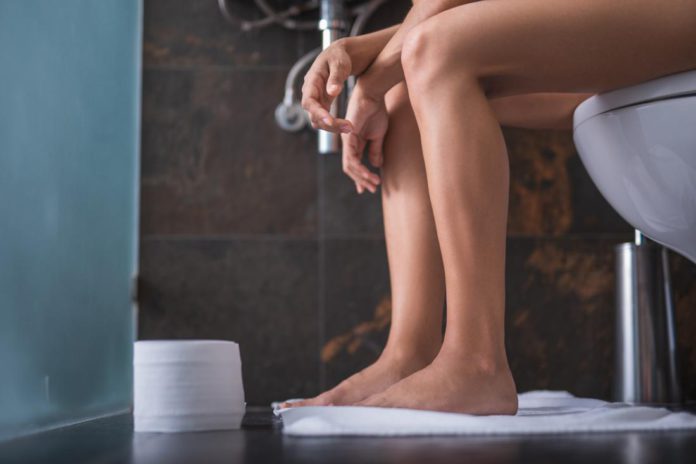Peeing (urinating) after sex isn’t a bad idea, but some people may be more likely to benefit from the reduced UTI risk.
It’s always a good idea to pee after sex, particularly for women.
Because women’s urethras are shorter than men’s, bacteria can enter easily and cause a urinary tract infection.
When you pee after sex, it may help flush out bacteria from the urethra.
Below are more reasons why you should urinate after sex:
- Urinary tract infections
A urinary tract infection (UTI) is an infection that occurs in any area of the urinary system, such as the bladder, urethra, or kidneys.
An infection of the urinary tract generally occurs when bacteria gets into your urinary tract through your urethra and starts multiplying in your bladder. If your urinary tract’s natural defences fail, bacteria can grow and cause an infection.
- The female urethra
The urethra is a tube-like organ that helps pass urine out of the bladder. Women’s urethras are shorter (about 2.5 to 4 centimetres) than men’s (about 15 to 20 centimetres).
This makes women more prone to getting UTIs, as bacteria have to travel a shorter distance to enter the bladder.
A classic UTI symptom is a burning sensation in the urethra while urinating. This occurs because the bacteria can grow in the urinary bladder, kidneys, or urethra.
- The bladder
Your bladder health can directly affect your sex life. The bladder is located between your pelvic bones and is a muscular, hollow organ that expands to hold urine. Your bladder muscles relax as it fills with urine, but once it’s at full capacity, it sends signals to your brain to empty it.
During sex, bacteria can enter your urethra, raising your chances of getting an infection. This is why it’s important to always pee after sex as peeing flushes out the germs.
Having sex with a full bladder also increases your chances of developing stress urinary incontinence. This condition develops because of weak pelvic floor muscles and/or a weak urethral sphincter.
In this condition, the bladder can leak urine during any movement that puts pressure on it, such as coughing, exercising, laughing, sneezing, or having sex.
Can this help prevent pregnancy?
Peeing won’t prevent pregnancy — even if you go seconds after ejaculate is released.
During vaginal intercourse, ejaculate is released into the vaginal canal. Urine is released from the urethra.
These are two entirely separate openings. In other words, releasing pee from your urethra won’t flush anything out of your vagina.
If semen has entered the vagina, there’s no going back. Sperm is already travelling upward to try and fertilize an egg.
What about STIs and other infections?
Peeing after sex may help flush out UTI-causing bacteria, but it won’t prevent you from contracting a sexually transmitted infection (STI).
You pee after sex to flush bacteria away from the urethra.
STI-related bacteria affect the body in a different way. Your body can absorb the bacteria through tiny tears in your mucus membranes. Peeing won’t affect this absorption process.
The only way to reduce your risk for STIs is to use a condom every time you engage in sexual activity and get screened regularly.
What to do if you don’t pee after sex
If you don’t need to pee but know you should, you may find it helpful to:
- Drink more water:
The more you drink, the more your bladder stretches. The more it stretches, the more likely you are to feel the urge to pee. Drinking a half or a whole glass of water right after sex may help get your bladder in gear.
- Try audio or visual cues:
Watching or listening to running water, for example, may help stimulate your bladder.
- Sit on the toilet for a few extra minutes:
Taking a few extra moments to yourself may encourage your bladder to relax and release its contents.

